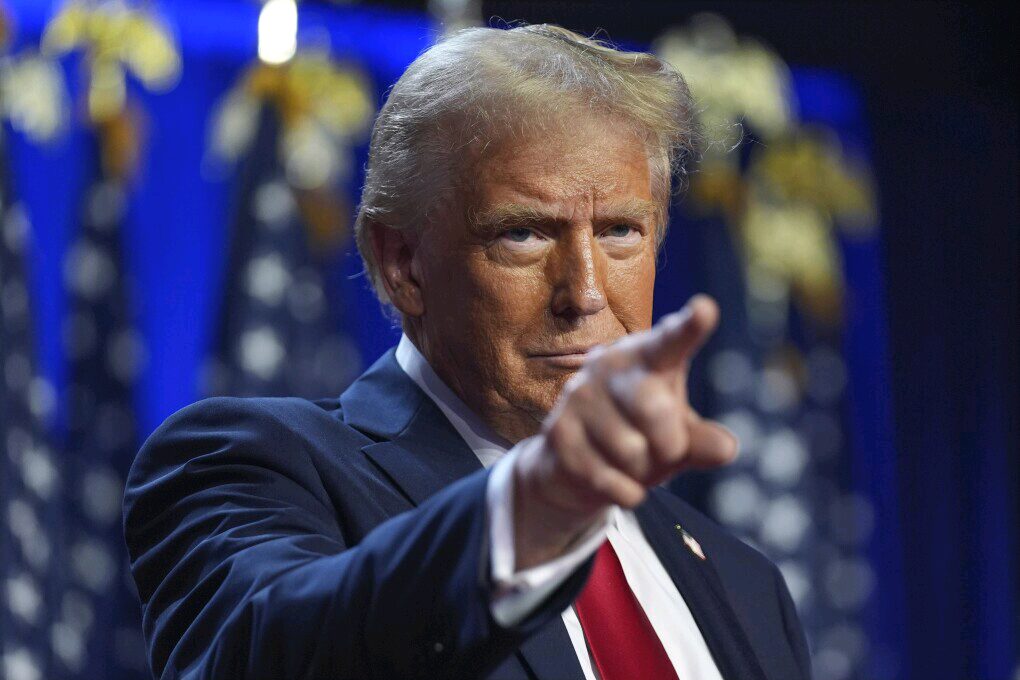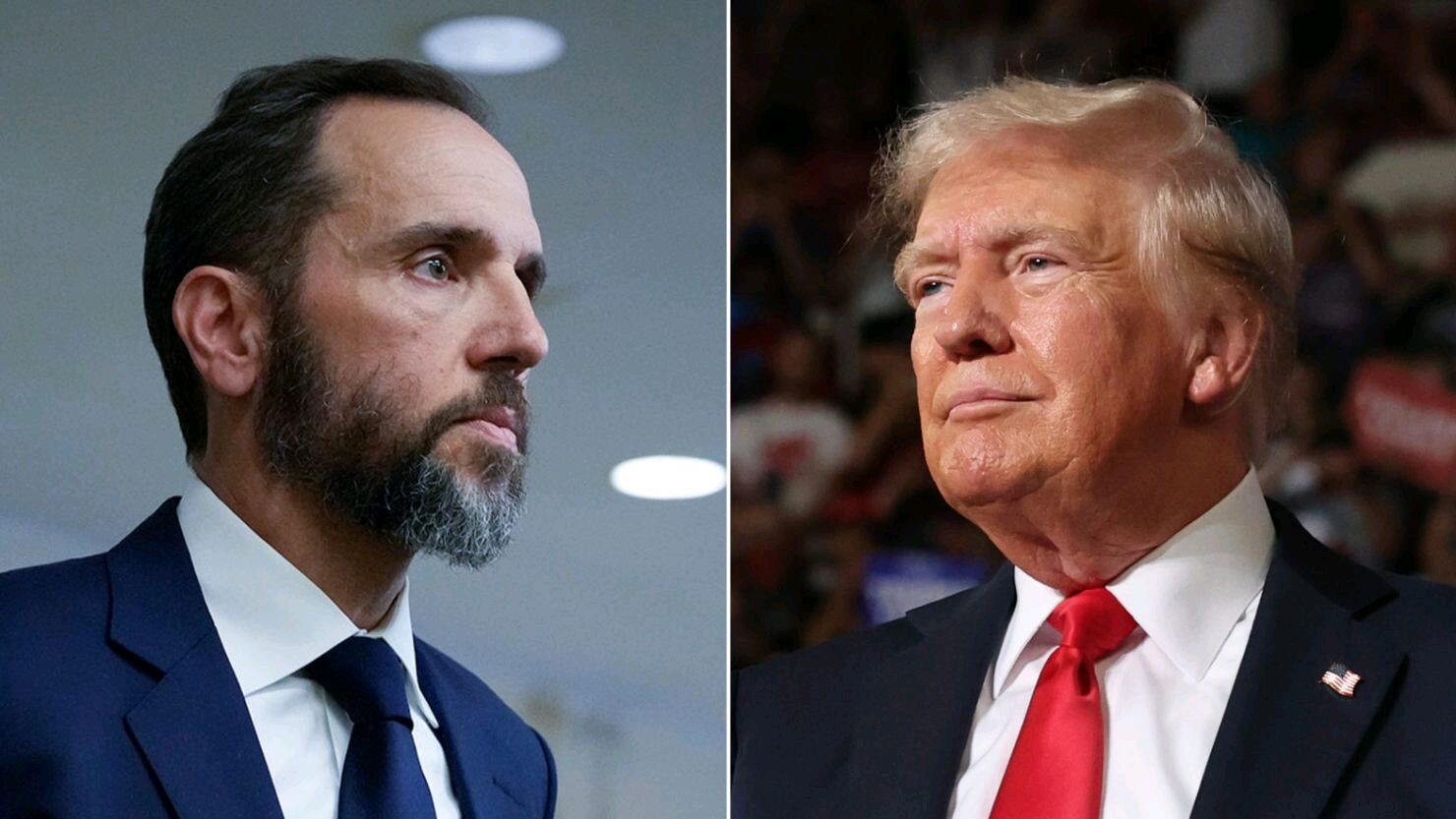Jack Smith Weighs Options for Closing Two Federal Cases Against Trump
Following Donald Trump‘s victory in the 2024 presidential election, Special Counsel Jack Smith faces pivotal decisions on how to proceed with two ongoing federal cases involving Trump. These cases, which focus on allegations of classified document mishandling and interference in the 2020 election results, are among the most closely watched in recent legal history. Smith must consider multiple factors, balancing the need for accountability with potential political fallout and logistical challenges.
The first case involves Trump’s alleged improper handling of classified documents after leaving office in 2021. Prosecutors argue that Trump unlawfully retained sensitive government materials at his private estate and did not fully cooperate with recovery efforts, despite repeated requests from the National Archives and the FBI. The Department of Justice has pursued this case under federal statutes concerning classified information and obstruction of justice.

The second case focuses on Trump’s attempts to overturn the 2020 election results. This case centers on a series of actions Trump and his allies allegedly undertook to challenge the certification of votes in multiple states. Prosecutors have built a case on claims that Trump’s actions amounted to election interference and incitement of unlawful activity.
Now, with Trump set to return to the White House, Smith and his team face significant pressure. Some argue that continued prosecution could destabilize the country politically, particularly given Trump’s strong base of support and the public’s polarized views on his legal battles. However, others insist that ending the cases would send a message that former presidents are above the law, undermining judicial integrity.
One possible path for Smith could involve negotiating settlements or plea agreements that impose fines or other sanctions without further legal entanglement. Another option would be to defer the cases temporarily or even seek a dismissal if pursuing them becomes politically untenable under a Trump administration. However, dismissals could lead to backlash from those who view legal accountability as crucial for democracy.
Smith’s decisions will also be influenced by potential pressure from within the DOJ. If Trump resumes control of the executive branch, he may seek to limit the DOJ’s independence, complicating any ongoing investigations.
As the special counsel weighs these choices, he will likely face intense public scrutiny and political pressures. His final decision could set a precedent for how federal investigations involving political figures are handled in the future. The outcome will likely reflect a balancing act between the pursuit of justice and considerations for national stability in a divided nation.









